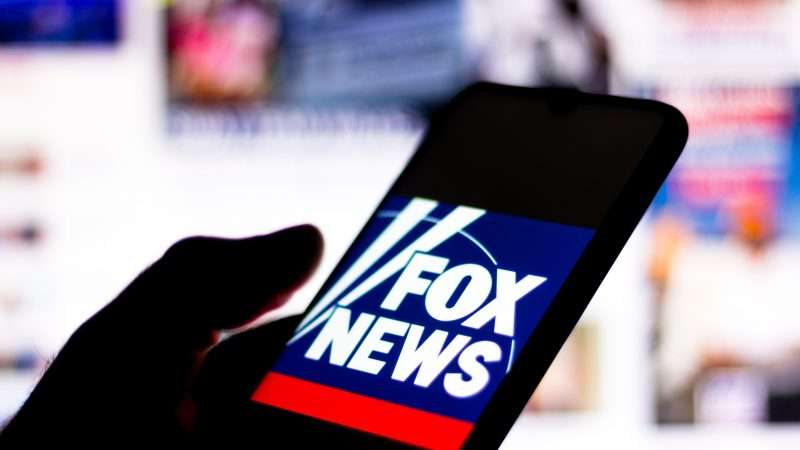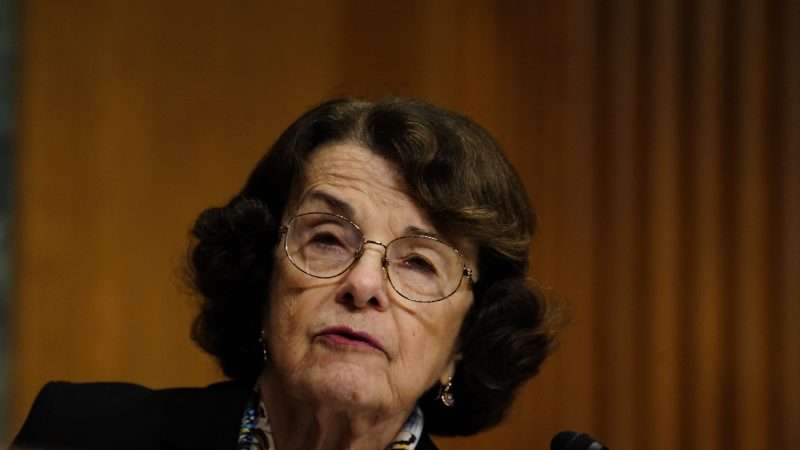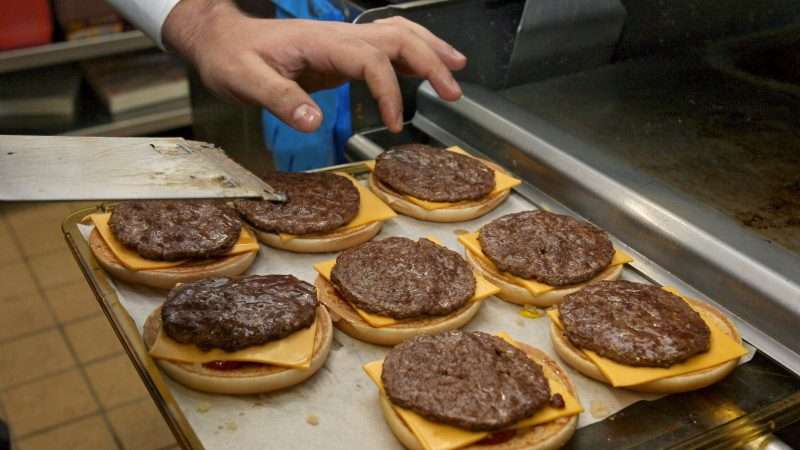
Two new, although somewhat less effective, vaccines may soon be joining the fight against the COVID-19 pandemic. Johnson & Johnson announced today that its Janssen subsidiary’s one-dose vaccine was 66 percent effective overall in preventing moderate to severe COVID-19, 28 days after vaccination. Protection against the virus began as early as two weeks after inoculation among trial participants.
“The level of protection against moderate to severe COVID-19 infection was 72% in the United States, 66% in Latin America and 57% in South Africa, 28 days post-vaccination,” noted the company’s press release. Although not as high as the 95 percent efficacy thresholds achieved by the already-approved Moderna and Pfizer/BioNTech vaccines, the Johnson & Johnson vaccine is considered a fairly strong vaccine. For example, seasonal flu vaccines are typically 40 to 60 percent effective.
An additional encouraging result reported by Johnson & Johnson is that the vaccine “demonstrated complete protection against COVID-related hospitalization and death” by one month after inoculation. Also, the vaccine was 85 percent effective in preventing severe disease across all regions studied and no severe cases of the disease occurred among those vaccinated after seven weeks. “In a pandemic, if you can, with a single-dose vaccine, very quickly eliminate the severe consequences of death, hospitalization, and severe disease, that’s what’s important for society,” Paul Stoffels, Johnson & Johnson’s chief scientific officer, told the biomedical news site STAT.
The prevalence of different and more contagious COVID-19 variants is likely responsible for the disparity in effectiveness in the regions where the vaccine was tested. Other studies also suggest diminished effectiveness against that the South African strain by the COVID-19 vaccines made by Pfizer/BioNTech, Moderna, and Novavax.
Johnson & Johnson said that the company intends to file for a U.S. Emergency Use Authorization (EUA) with the Food and Drug Administration (FDA) in early February and expects to have doses available to ship immediately following an authorization. The one-dose vaccine can be shipped via standard vaccine channels, making it much less finicky than the two-dose Pfizer/BioNTech and Moderna vaccines that must be shipped in ultra-cold containers.
The company also said that it will be able to meet its 2021 supply commitments. A U.S. Government Accountability Office report earlier this week reported that Johnson & Johnson could deliver 2 million doses immediately upon receiving an EUA. The company has contracted with the U.S. government to make 100 million doses available before the end of June.
A day earlier, the vaccine maker Novavax reported promising preliminary results for its two-dose COVID-19 vaccine. The company’s vaccine was nearly 90 percent effective in the United Kingdom arm of its clinical trials. However, interim results from its South African clinical trial find that its vaccine is about 60 percent effective in preventing mild, moderate, and severe COVID-19 disease among the 94 percent of South African volunteers who were HIV-negative. Again, like the Johnson & Johnson vaccine, the Novavax inoculation seems to be less effective in preventing COVID-19 caused by the more contagious South African strain.
Novavax did not say when it might seek an EUA from the FDA. It is noteworthy, however, the company began a rolling approval submission to the U.K. Medicines and Healthcare Products Regulatory Agency (MHRA) earlier this month. One urgent suggestion: If the U.K. approves the Novavax vaccine, the FDA should immediately authorize its distribution here. The company notes that its vaccine does not require special handling and can be distributed through existing vaccine supply chains. The company has been contracted to supply 100 million doses to the U.S. government, but has not said how quickly they could be made available if it receives an EUA.
Considering the proliferation of more contagious (and possibly more deadly) COVID-19 strains, it is reassuring that new weapons in the fight against the pandemic may soon become available.
from Latest – Reason.com https://ift.tt/3or81Nz
via IFTTT


